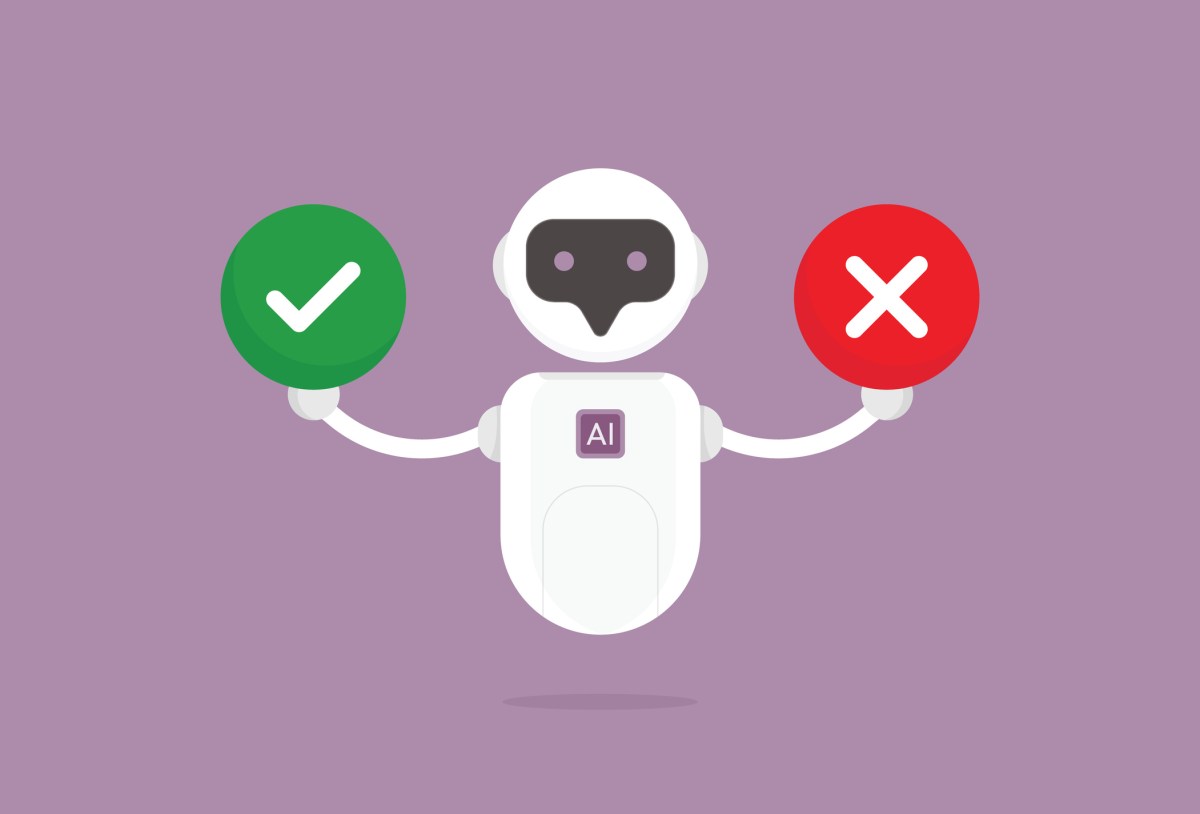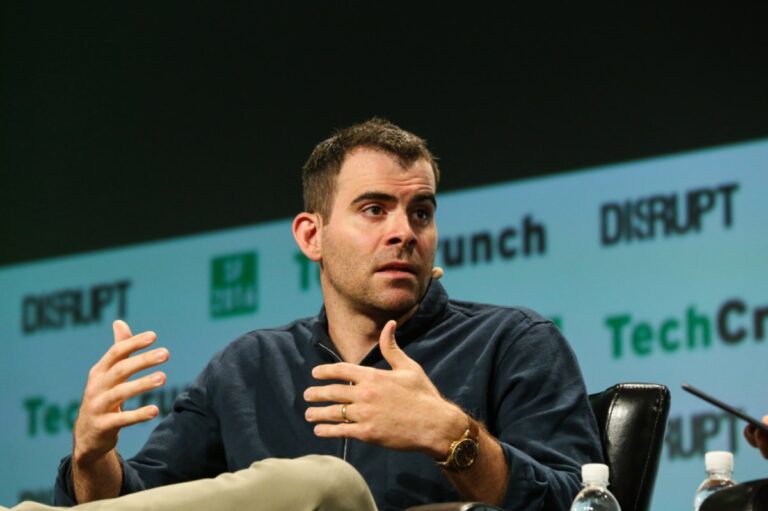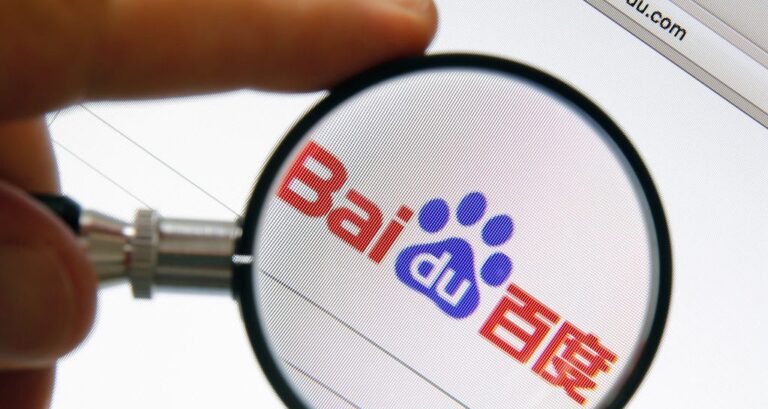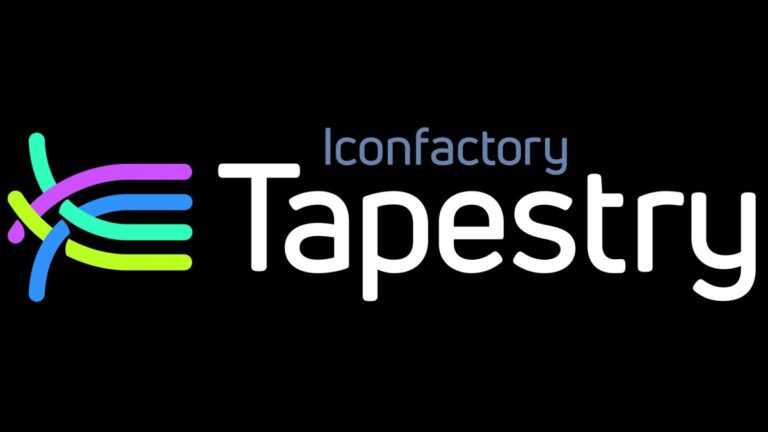Exploring the Hidden Restrictions of ‘Open’ Model Licenses: What You Need to Know
This week, Google introduced an innovative family of open AI models known as Gemma 3, which has quickly received recognition for its remarkable efficiency. However, developers have expressed concerns on social media platform X about the risks associated with the commercial use of Gemma 3 due to its licensing terms. This situation is not unique to Gemma 3, as many companies, including Meta, impose custom licensing that creates challenges for developers looking to leverage these models in a commercial context.
Understanding the Licensing Challenges of Gemma 3
The licensing framework for AI models like Gemma 3 and Meta’s Llama can create significant uncertainty, particularly regarding their commercial adoption. As Nick Vidal, head of community at the Open Source Initiative, noted, “The restrictive and inconsistent licensing of so-called ‘open’ AI models is creating significant uncertainty, particularly for commercial adoption.”
Why Custom Licenses are a Concern
- Legal Hurdles: Many companies, especially smaller ones, fear that tech giants could impose stricter terms or change licensing rules, jeopardizing their business models.
- Examples of Restrictive Terms: Meta prohibits the use of Llama 3 outputs for improving any models other than Llama 3 itself. It also requires companies with over 700 million monthly active users to obtain special licenses.
- Gemma’s License: Although less burdensome, Gemma’s license allows Google to restrict usage that it deems violates its policies or applicable laws.
Impact on Developers and Businesses
Concerns surrounding these licenses are not just theoretical. Florian Brand, a research assistant at the German Research Center for Artificial Intelligence, highlighted that such custom licenses often deter small companies that lack legal resources from adopting these models. “Most companies have a set of approved licenses, such as Apache 2.0, so any custom license is a lot of trouble and money,” Brand explained.
Consequences for the AI Ecosystem
The implications of restrictive licenses extend beyond individual companies. Han-Chung Lee, director of machine learning at Moody’s, emphasized that custom licenses make models like Gemma and Llama “not usable” in many commercial scenarios. Eric Tramel, a staff applied scientist at AI startup Gretel, added that these licenses complicate the process of creating model derivatives, creating uncertainty for businesses that seek to fine-tune models for their needs.
- Potential Risks: Developers worry about creating “trojan horse” models that could result in legal ramifications later.
- Adoption Hurdles: Despite being downloaded extensively, models with restrictive licenses could achieve more widespread use if they had a more permissive licensing framework.
Calls for Change in AI Licensing
Yacine Jernite, who leads machine learning and society initiatives at Hugging Face, urged providers like Google to adopt more open licensing frameworks and collaborate with users to establish universally accepted terms. “Given the lack of consensus on these terms, it all serves primarily as a declaration of intent from those actors,” Jernite noted.
Vidal highlighted the urgent need for AI model companies to create licenses that allow for free integration, modification, and sharing without the fear of abrupt changes or legal ambiguities. “The current landscape of AI model licensing is riddled with confusion, restrictive terms, and misleading claims of openness,” he said.
Conclusion: A Path Forward for AI Models
As the AI industry continues to evolve, it is crucial to establish clear, consistent, and genuinely open licensing terms. Aligning with established open-source principles will foster an environment that encourages innovation and collaboration, allowing businesses and researchers to leverage AI models effectively without jeopardizing their operations.







